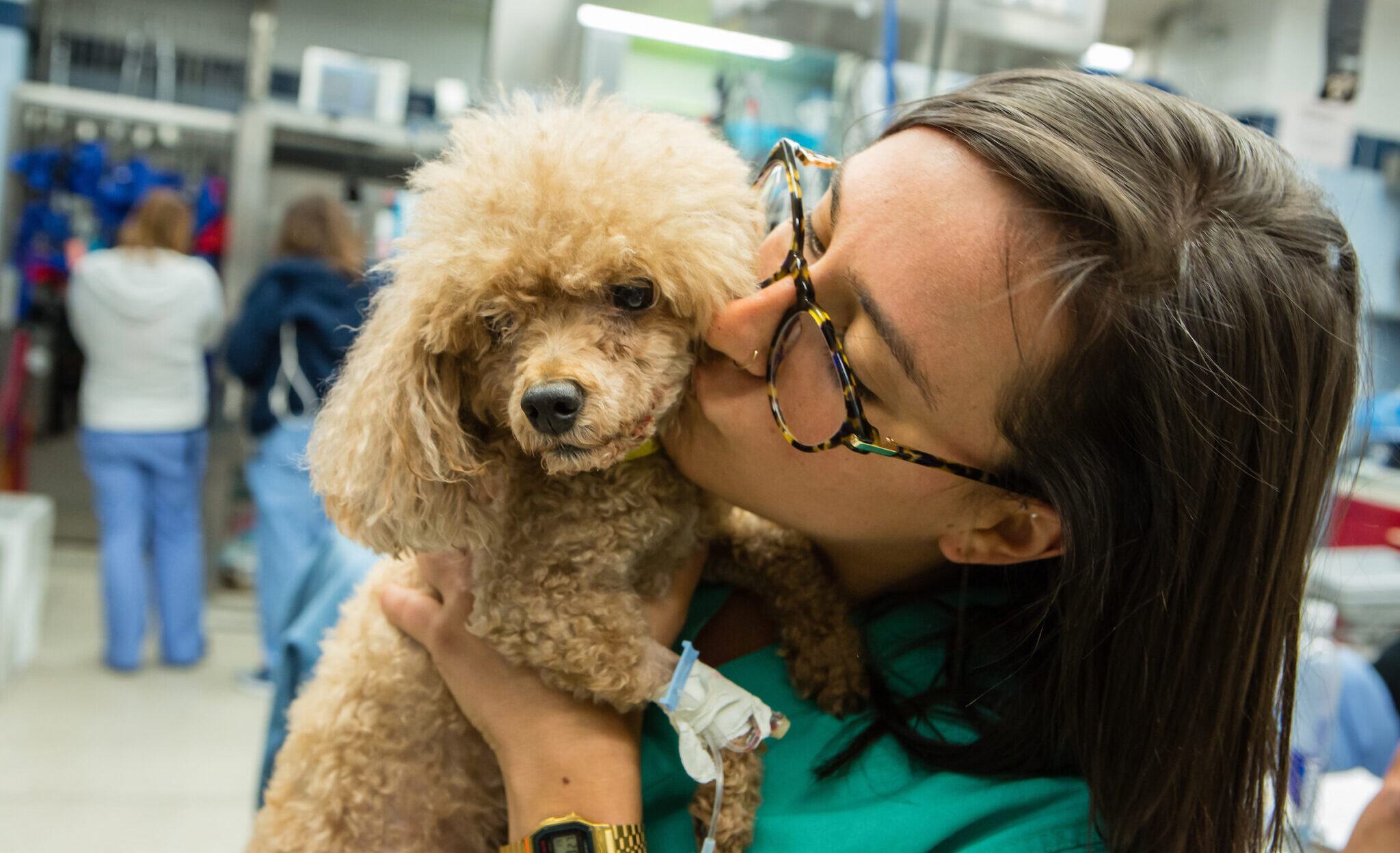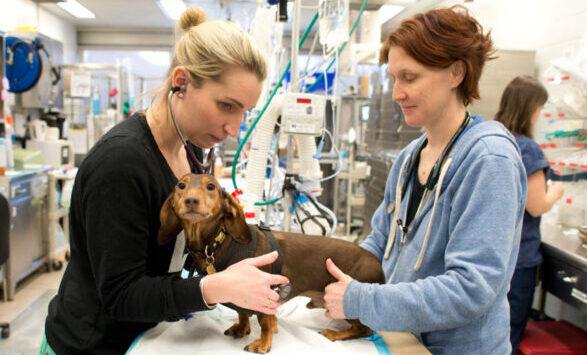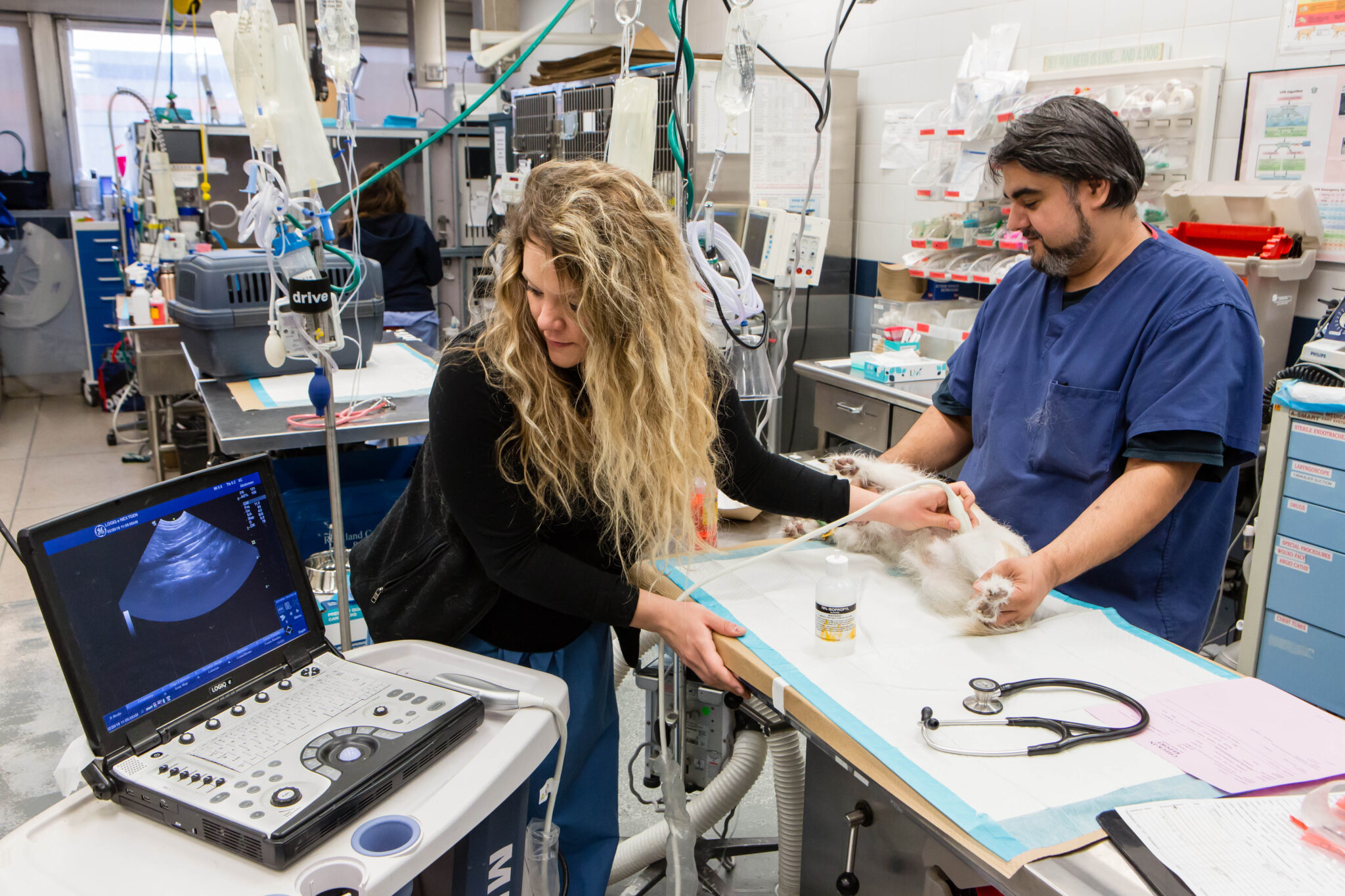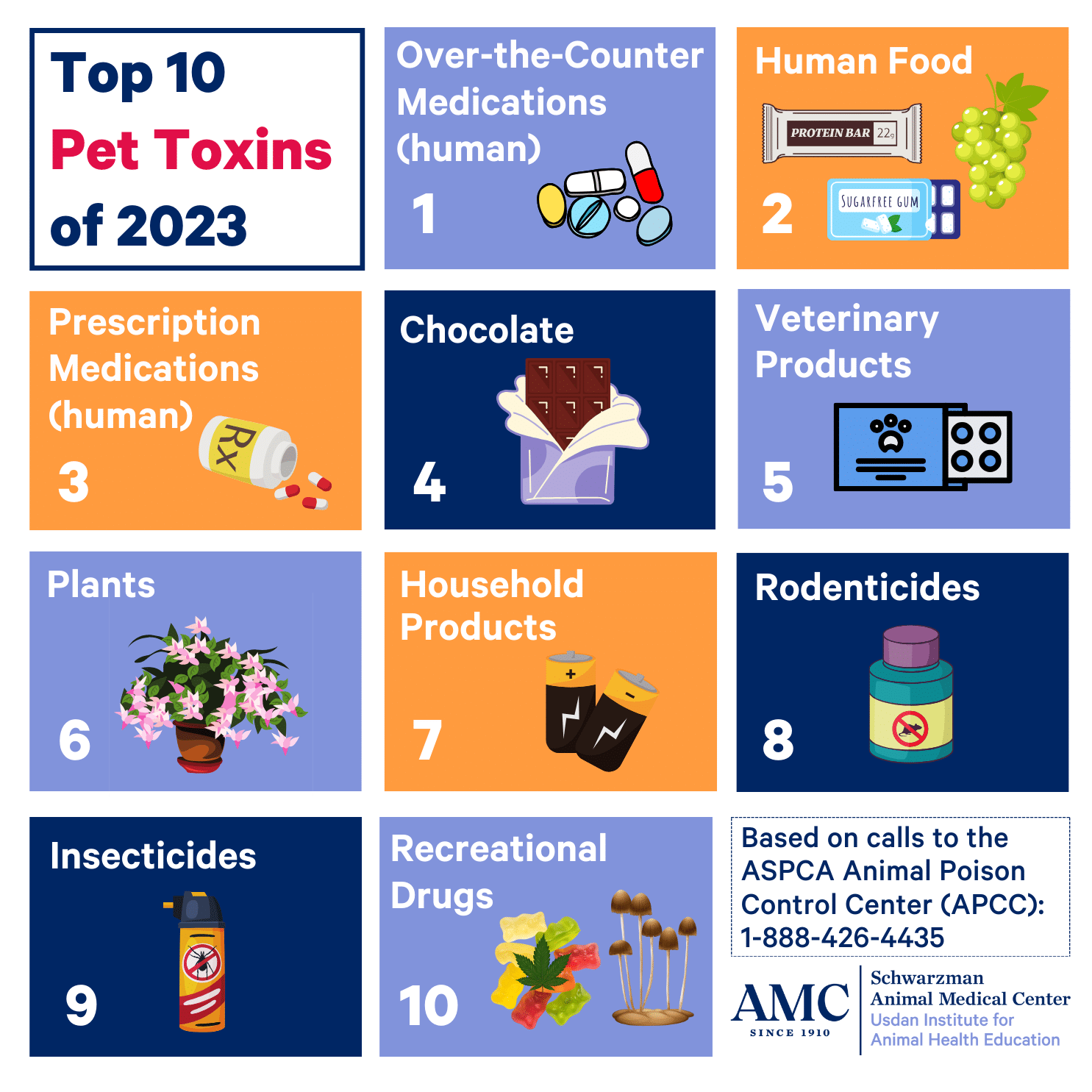Poisoning in Pets
Background
It’s not something we like to think about, but there are a number of items in and around our homes that are poisonous to pets. With any potential dangers or toxins, it is important to keep them out of paws’ reach. While accidents can happen, the less accessible these items are, the less likely your pet is to get into them!
Signs
Common signs of poisoning include:
- Vomiting
- Diarrhea
- Excessive drooling
- Lack of coordination
- Weakness/lethargy
- Collapse
- Excessive thirst/urination
- Unusual behavior
Treatment
If you think your pet has ingested something toxic:
- Call your veterinarian OR
- Go to your nearest emergency veterinary hospital OR
- Call the ASPCA Animal Poison Control Center at 1-888-426-4435 (fee applies) or Pet Poison Helpline at 1-800-213-6680 (fee applies).
It’s important to seek out help immediately – poisons can work fast!
- Try to determine what your pet has ingested and how much
- Bring the container/item with you or take a picture of the ingredient list
- Keep track of signs of illness (vomiting, shaking, etc.) so you can share them with your veterinarian
- Be honest with your veterinarian about what your pet may have consumed
Make an Appointment


































